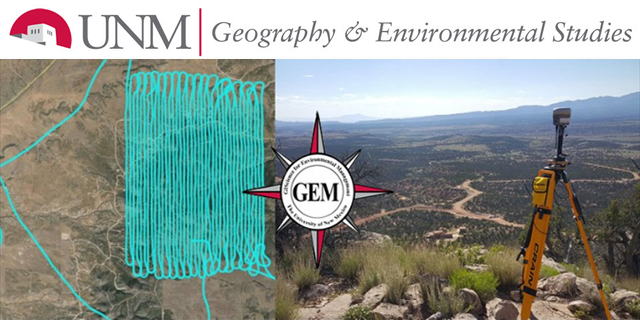
Geography ETDs
Publication Date
Summer 7-30-2024
Abstract
Puerto Rico frequently experiences damaging earthquakes due to its location on the northeastern margin of the Caribbean Plate. Its unique combination of factors, including high population, informal construction practices, and environmental risks, such as tsunamis or landslides, create a heightened risk of loss of life and property. Within this context, earthquake scenarios are vital communication, mitigation, and preparedness tools. They provide the opportunity to think critically about possible alternatives to reduce the risks and impacts of these unpredictable events. As an initial step for integrated earthquake scenario development, this study uses semi-structured interviews and the analysis of government reports to identify the consequences of emergency service providers' interest in potential significant seismic events on the island. I classified the range of consequences as immediate and long-term. Immediate consequences include critical physical infrastructure, such as Puerto Rico's electrical system, which was identified as a priority by the participants. Long-term consequences involve social and cascading impacts often underrepresented in earthquake impact studies, such as mental health, food supply, shelter conditions, access to healthcare, and unemployment. These findings suggest earthquake damage mitigation should address both physical and social impacts. The identified consequences will inform physical data collection and modeling efforts to develop relevant, tractable earthquake scenarios that consider stakeholders' concerns to pre-identify vulnerabilities in the system and support emergency managers in preparedness and mitigation strategies.
Degree Name
Geography
Department Name
Geography
Level of Degree
Masters
First Committee Member (Chair)
Dr. Yolanda Lin
Second Committee Member
Dr. Marygold Walsh-Dilley
Third Committee Member
Dr. Su Zhang
Document Type
Thesis
Project Sponsors
Geography and Environmental Studies Department of the University of New Mexico and the Center for Collective Impact in Earthquake Science through the NSF grant
Keywords
earthquakes, consequences, natural hazards, risk mitigation, earthquake scenarios
Recommended Citation
Alvarez-Gandia, Yahaira D.. "Assessing Consequences and Relevant Thresholds of Seismic Events in Puerto Rico to Aid the Future Creation of Consequence-Driven Scenarios." (2024). https://digitalrepository.unm.edu/geog_etds/79
